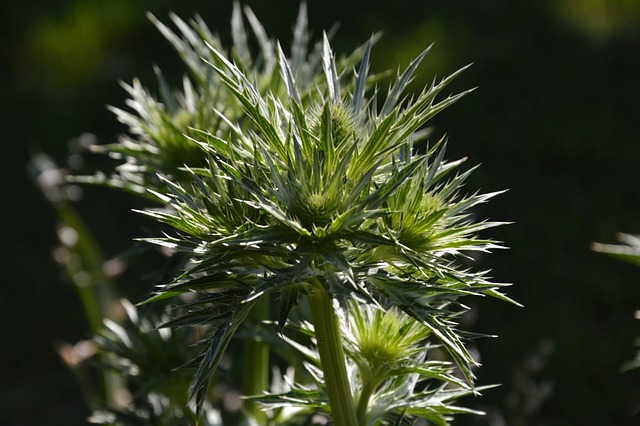2023 saw significant advancements in the legal recognition and research of THCA (Tetrahydrocannabinolic Acid) in North Dakota. Legally, THCA, a non-psychoactive cannabinoid found in cannabis, has been included as a derivative in the state's evolving cannabis legislation. This includes the ability for medical patients to possess and cultivate THCA flowers under the 2016 Medical Marijuana Legalization Initiative Measure 5, with a limitation of three ounces and five plants per patient. The recreational use of cannabis, including THCA flowers, was also legalized in November 2022 for adults aged 21 and over. While the sale of recreational THCA flowers is anticipated to begin in September 2023, a regulatory framework is being established by the state legislature to ensure consumer safety and commercial production standards. THCA's legal status in North Dakota allows for its exploration as a therapeutic option without intoxicating effects, with ongoing studies investigating its potential benefits for conditions like arthritis and neurodegenerative diseases. Users are advised to monitor regulatory updates and use THCA cautiously, considering individual health factors and the potential side effects such as dry mouth and eyes, dizziness, or mood alterations. As a legal alternative in North Dakota, THCA offers a unique opportunity for consumers within the state's regulatory framework to explore its therapeutic properties responsibly.
Exploring the nuances of cannabinoids, this article sheds light on the therapeutic compound THCA (Tetrahydrocannabinolic Acid) and its legal status in North Dakota. With the recent legislation supporting its use, understanding both the potential health benefits and the associated side effects becomes paramount for consumers. We delve into the legal framework that governs THCA flowers within the state, emphasizing the importance of knowledgeable consumption. As we navigate through the various effects and safety profiles compared to other cannabinoids, we also address the unique psychological impact, potential interactions with prescription medications, and long-term use implications. This comprehensive overview aims to inform on identifying THCA side effects, dosage considerations, and maintaining safety in North Dakota’s burgeoning market. Key aspects such as terpene profiles and consumer education are highlighted, ensuring a well-rounded understanding of THCA legal status and implications for health within the state’s specific climate and soil conditions.
- THCA Flower and Its Presence in North Dakota Legislation
- Understanding THCA: Potential Benefits and Effects
- Legal Framework Governing THCA Flowers in North Dakota
- THCA Flower Side Effects: A Comprehensive Overview
- – Identifying THCA Side Effects
THCA Flower and Its Presence in North Dakota Legislation
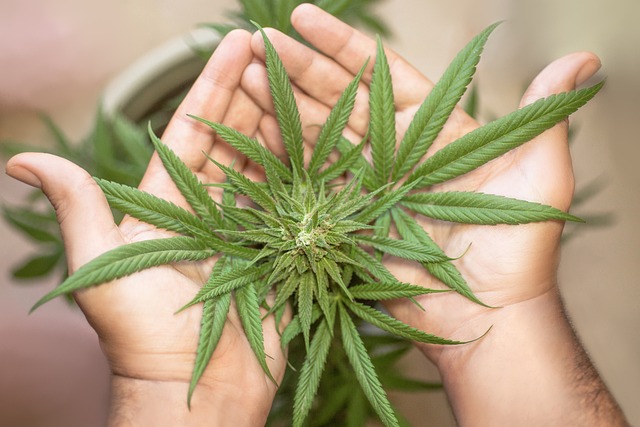
In recent legislative updates within North Dakota, the legal landscape concerning cannabis derivatives has evolved to include THCA flower, provided it adheres to specific regulatory guidelines. Tetrahydrocannabinolic Acid (THCA) is a non-psychoactive cannabinoid found in the Cannabis sativa plant and is considered one of the major compounds along with CBD and THC. In North Dakota, legislation has been enacted to legalize the possession and use of products containing THCA flower, aligning with broader initiatives aimed at medical and recreational cannabis reform. This legislative shift recognizes the therapeutic potential of THCA and its derivatives, allowing for their presence in the state’s regulated marketplace. Consumers in North Dakota can now access THCA products legally, subject to age restrictions and purchase limitations as defined by local statutes. It is imperative for consumers to stay informed about the precise legalities surrounding THCA flower in North Dakota, as regulations can be complex and subject to change. The state’s approach to THCA flower reflects a forward-thinking stance on cannabis reform, positioning North Dakota at the forefront of this emerging market within the United States.
Understanding THCA: Potential Benefits and Effects
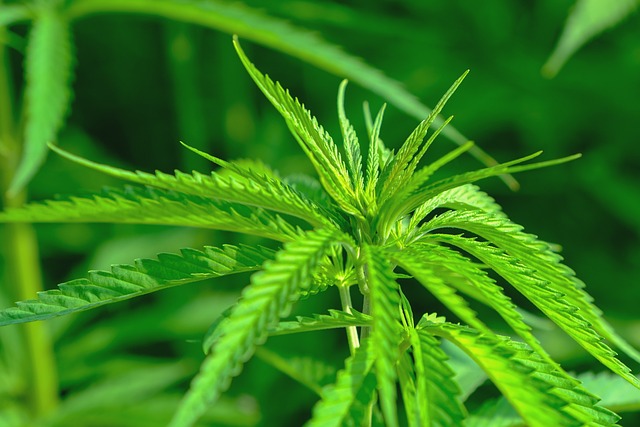
2023 has seen a significant shift in the perception and legal status of cannabinoids, with THCA (Tetrahydrocannabinolic Acid) gaining attention for its potential therapeutic properties. In North Dakota, where THCA is legally recognized, researchers and enthusiasts alike are exploring the benefits and effects of this non-psychoactive cannabinoid. THCA is the acid form of THC (Tetrahydrocannabinol), the primary psychoactive component of cannabis. Unlike its decarboxylated counterpart, THC, THCA does not induce a high but has shown promising effects in preclinical studies, suggesting it may offer a range of health benefits without the traditional intoxicating effects associated with THC.
Proponents of THCA highlight its anti-inflammatory and neuroprotective properties, which could be beneficial for conditions such as arthritis and neurodegenerative diseases like Alzheimer’s and Parkinson’s. In North Dakota, where the legal landscape has facilitated research and use, individuals are turning to THCA flowers for potential relief from various ailments. The compound is also being studied for its possible impact on appetite, pain, nausea, and inflammation, providing an alternative option for patients seeking cannabinoid-based therapies without psychoactive effects. As interest in the benefits of THCA continues to grow, both within North Dakota and beyond, ongoing research will be crucial in further elucidating its potential effects and how it might be harnessed for health and wellness.
Legal Framework Governing THCA Flowers in North Dakota
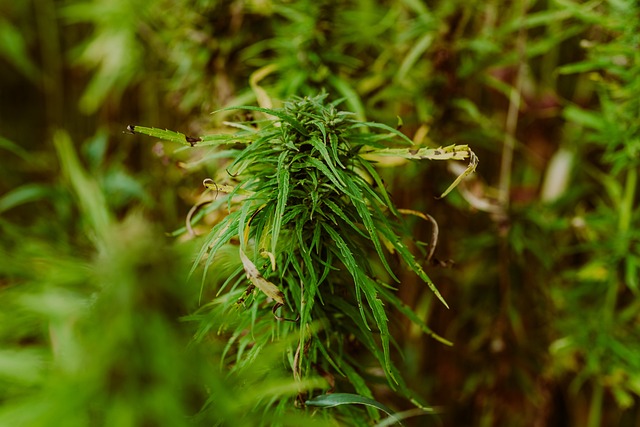
In North Dakota, the legal status of tetrahydrocannabinolic acid (THCA) flowers is governed by the state’s medicinal and recreational cannabis laws. As per the North Dakota Medical Marijuana Legalization Initiative Measure 5 passed in 2016, qualifying patients with debilitating medical conditions can possess up to three ounces of THCA flowers and up to five plants, provided they have a physician’s recommendation. The state’s Department of Health regulates the production, distribution, and use of medical marijuana, including THCA flowers. Patients must register with the state and obtain a patient identification card to legally purchase and possess THCA flowers from licensed dispensaries.
The recreational use of cannabis, including THCA flowers, became legal in North Dakota following the passage of Measure 3 in the November 2022 general election. Adults aged 21 years and older are permitted to possess up to one ounce of cannabis in a public place and up to two ounces lawfully on private property. However, sales through licensed retailers are expected to begin no earlier than September 2023, with cultivation allowed for those who obtain a license. The North Dakota Legislative Assembly continues to refine the regulations surrounding THCA flowers, including consumer safety standards and guidelines for commercial production and distribution. It is imperative for individuals to stay informed on the latest legislation as it evolves to ensure compliance with state laws regarding THCA flowers.
THCA Flower Side Effects: A Comprehensive Overview

Delta-9-tetrahydrocannabinolic acid (THCA) is the non-psychoactive precursor to the well-known psychoactive cannabinoid, delta-9-tetrahydrocannabinol (THC). Found in raw cannabis plants or flowers, THCA has garnered attention for its potential therapeutic benefits. While THCA is legal in North Dakota under state laws, with regulations similar to hemp products, it’s important to understand its side effects, especially when considering its use. Consumption of THCA flower may lead to certain side effects, which can include dry mouth and eyes, dizziness, anxiety, paranoia, or altered mood, although the psychoactive effects are typically milder compared to THC. It’s also worth noting that individuals may experience different reactions based on dosage, personal physiology, and cannabis strain potency. Users should approach THCA flower with caution, particularly if they have pre-existing health conditions or are taking other medications. Safety and legality vary by state, and it’s crucial to adhere to local laws when handling any cannabis product. The side effects of THCA, while generally mild, underscore the importance of responsible use and the need for further research to fully understand its effects on human health. Users should consult with healthcare professionals if they have concerns about incorporating THCA flower into their wellness routine, especially given its legal status in North Dakota where it is permitted under state regulations.
– Identifying THCA Side Effects
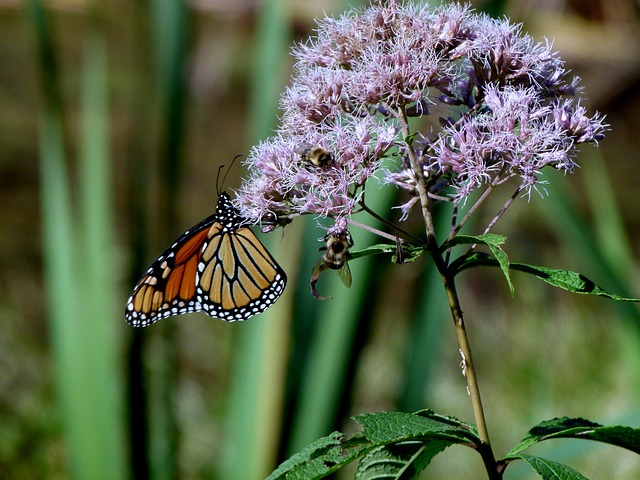
When exploring the effects of THCA, or tetrahydrocannabinolic acid, it’s crucial to understand its potential side effects, especially as regulations around cannabis products evolve. THCA is the precursor to THC and possesses some of its properties but without the psychoactive impact. As of North Dakota’s legal framework, THCA can be consumed legally under certain conditions, allowing for research and personal use within the state’s guidelines. Identifying side effects of THCA is essential for safe consumption. Common reported side effects include dry mouth and dry eyes, which are typically mild and temporary. Additionally, some users may experience dizziness or altered mood, such as anxiety or paranoia, particularly at higher doses. It’s important to note that the side effects profile of THCA might vary from individual to individual, depending on factors like dose, method of intake, and personal physiology. Users should start with small amounts to gauge their sensitivity and adjust usage accordingly. North Dakota’s legal landscape provides a framework for responsible use and experimentation with THCA, offering opportunities for individuals to explore its potential benefits while being vigilant about its effects.
In conclusion, the emergence of THCA flower within the legal confines of North Dakota marks a significant step in the evolving landscape of cannabis legislation and consumer choices. While the potential therapeutic benefits of THCA are increasingly recognized, it is crucial to approach its use with a clear understanding of both its effects and associated side effects. As outlined in this article, THCA flower can offer various health advantages, yet users should be aware of reactions such as drowsiness, dry mouth, or paranoia. These side effects, although generally mild, underscore the importance of responsible consumption and adherence to North Dakota’s regulatory framework. For individuals considering the inclusion of THCA flower in their wellness regimen, it is advisable to consult with healthcare professionals to ensure safe usage. Ultimately, as THCA flower continues to gain acceptance within the state, ongoing research and education will be key to maximizing its benefits while minimizing potential risks.
